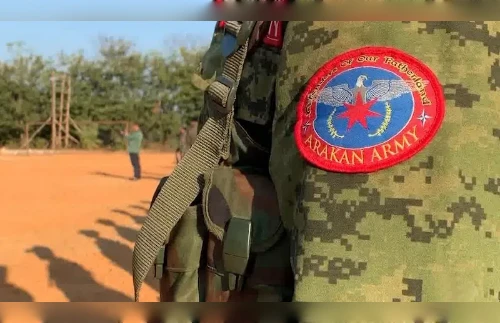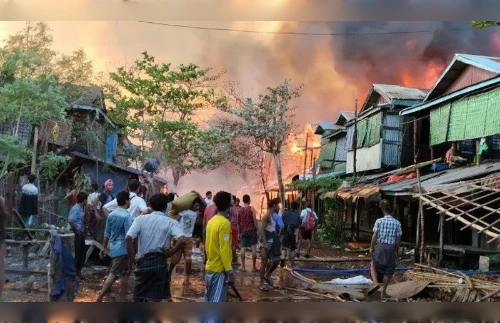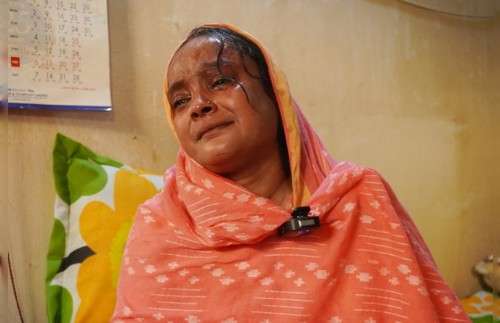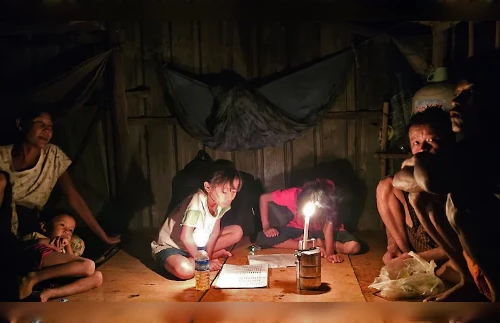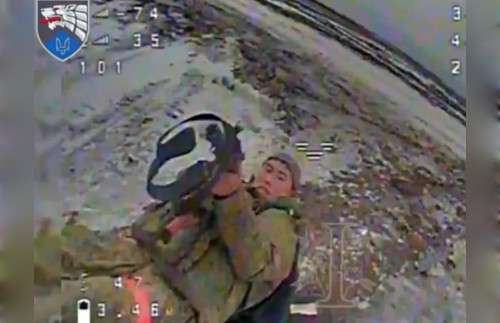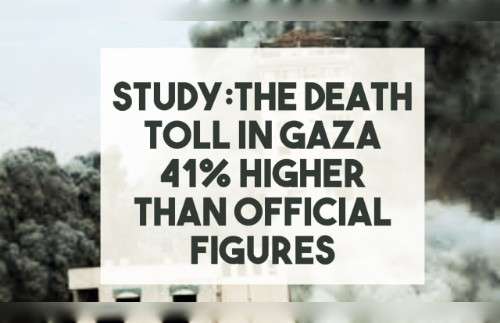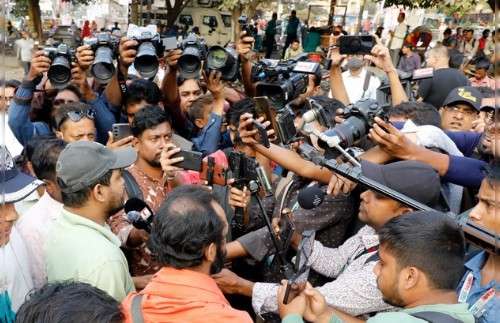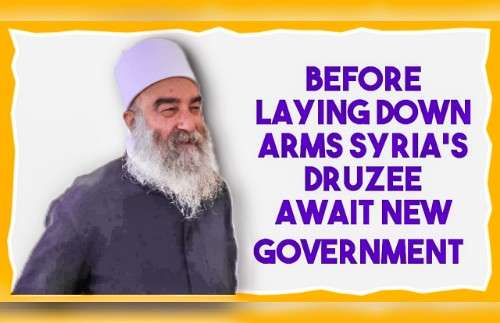
A secretly filmed video report about sex workers in the Tajik capital has landed its authors in hot water as authorities accuse them of breaching privacy laws.
The video depicts two vloggers posing as potential clients looking in Dushanbe for a prostitute to hire for the night.
The men meet several sex workers separately after picking them up in their car and asking about the types of “services” they provide and the amount of money they charge.
In each conversation — recorded with a hidden camera inside the car — the vloggers gradually change the subject and start casually asking questions about the women’s family situation and the reasons why they’ve become prostitutes.
Unaware of the secret camera, the women get in the car and sit in the front seat while haggling about the price.
In the video footage, the women’s faces are covered by emojis, but their voices haven’t been changed. Almost all the women claim they became sex workers out of poverty and “desperation” — to provide money for their children.
One woman says she is selling sex to settle her brother’s debts and prevent her nieces from “going down the wrong life path.”
Each conversation ends with the bloggers offering “free money” to the sex workers and pleading with them to “go straight home” to their children and “refrain from [prostitution] at least for one night, tonight.”
The women were very surprised by the offer and didn’t believe it at first. But each then accepted the money and promised to go home for the night.
Pay Them To Go Home
In a final shot in the video, the vloggers speak to the camera and call on Tajik men and officials not to buy sex and instead offer the women cash as a humanitarian act so they can go home to their families.
The undated video, produced by four Dushanbe-based vloggers, was posted on their YouTube channel Avlod Media,which has more than 24,000 subscribers.
The video, which has since been removed from Avlod Media’s account, has been watched tens of thousands of times since it first appeared on the Internet on July 19. It spread quickly to other YouTube accounts.
Unfortunately for the vloggers, it also caught the attention of the Tajik police, who summoned the vloggers for questioning just hours after the video was posted on YouTube.
The four vloggers — identified by police as Rustam Ashurov, Yusufjon Davlatmurod, Shahriyor Jalilov, and Behruz Majidiyon — are accused of invasion of privacy.
They were formally charged with “illegally gathering and disseminating information about personal lives” and are expected to go on trial.

If convicted, they face a maximum punishment of up to $2,500 in fines or up to 12 months of penal labor.
“Police told us that six of the women who were secretly filmed have filed official complaints,” Ashurov told RFE/RL on July 29.
The sex workers allegedly told police that the video disclosed their “secret” occupation and prompted relatives to cut ties with them.
The vloggers insist they haven’t committed a crime. They call what they did a report that shows the “realities of life” in Dushanbe.
Ashurov said the vloggers wanted to highlight the sex workers’ plight and try to change society’s attitude towards the women who end up as prostitutes due to hardship in their lives.
Prostitution is illegal and considered a misdemeanor in Tajikistan punishable by a fine, while repeat offenders can face up to 15 days in jail.
Sex workers often face ostracization in the Muslim-majority Central Asian nation of some 9.2 million people.
Ashurov said the vloggers “were aware” they were touching upon a controversial subject that could spark harsh reactions, but he said they didn’t expect to end up in court.
“We knew the video was going to be popular…we knew we could even be summoned for questioning, but not to the extent that [we face criminal charges],” he told RFE/RL.
While maintaining their innocence, the vloggers says they are not hiring a lawyer to defend them.
“We don’t have the money to hire a lawyer,” Ashurov said. “We have no choice but to face whatever verdict the court issues.”
The Tajik government has been widely criticized for its crackdown on independent media, political opponents, and its critics.
In its World Press Freedom Index of 2019, Reporters Without Borders placed Tajikistan in 161st place out of 180 countries.
Authorities also often restrict access to social networks, such as Facebook and YouTube.
Written by Farangis Najibullah in Prague and based on reporting by RFE/RL’s Tajik Service correspondents in Dushanbe, Zarangez Navruzshoh and Shahlo Abdulloh
Copyright (c) 2019. RFE/RL, Inc. Reprinted with the permission of Radio Free Europe/Radio Liberty, 1201 Connecticut Ave NW, Ste 400, Washington DC 20036
You know Independent Journalism needs fund to run the not for profit venture Please contribute if you like our effort Donate through PayPal Or paytm +919903783187 phone pe +919875416249 Google Pay +919875416249 or write to us editor@crimeandmoreworld.com





